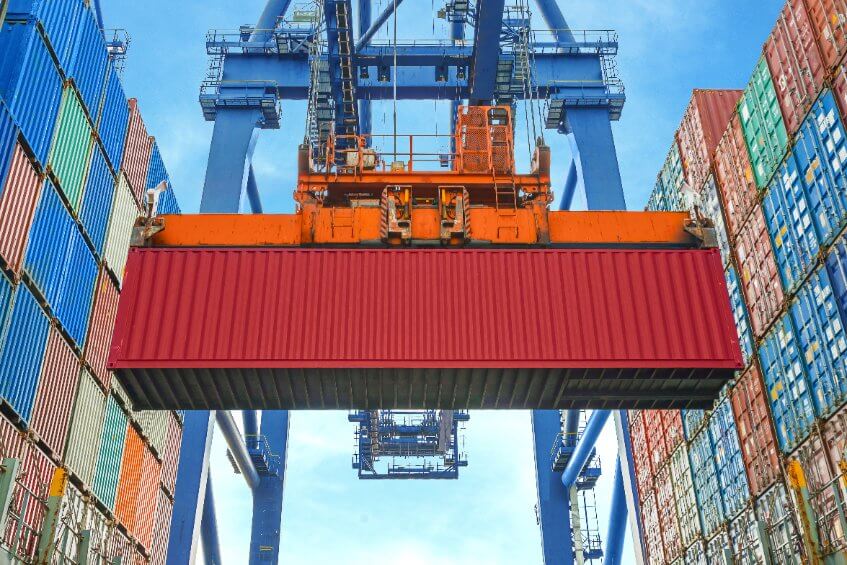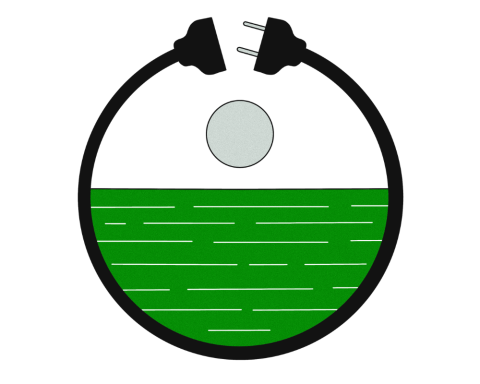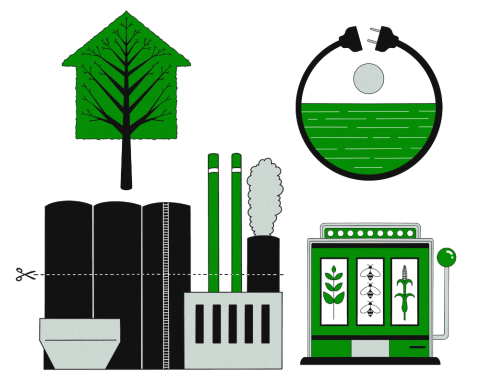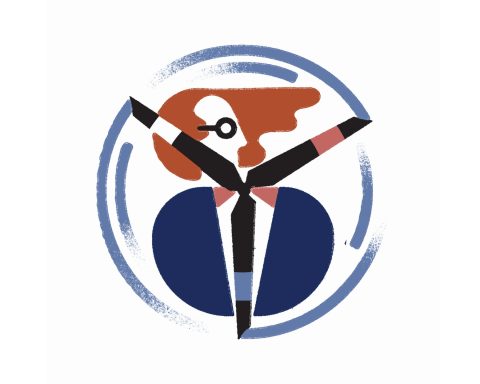For years, human-rights watchers have accused China of waging a war of repression against the Indigenous residents of the Xinjiang Uyghur Autonomous Region. China has rejected those accusations, saying it’s just protecting itself from extremists and terrorists.
But that veil of deniability was pierced in September when the United Nations High Commissioner for Human Rights released a painstaking report that identified thousands of acts of cruelty and violence in Xinjiang, including the “arbitrary and discriminatory detention” of up to a million people. Such acts, the analysis said, were enabled by a lax legal system that allows petty functionaries to label almost any nonconforming behaviour “extremist.”
The report was welcomed by activists who feel the Uyghur cause has been soft-pedalled by world leaders. And it caused a commotion in Canada, as advocates pushed the Liberal government to punish China for crimes against humanity. “Canada has yet to prevent even a single shipment of products tainted by Uyghur forced labour from entering Canada,” said Mehmet Tohti, the executive director of Toronto-based Uyghur Rights Advocacy Project (URAP), in a statement for “Uyghur Action Day.” “As a result, Canada has become a dumping ground for such products.”
For her part, Minister of Foreign Affairs Mélanie Joly offered her government’s “grave concern with the ongoing gross and systemic human rights violations in Xinjiang.”
In March 2021, parliamentarians voted 266–0 to declare China’s Xinjiang actions “genocide.” But the resolution wasn’t binding, and every cabinet member abstained – presumably, to avoid offending our second-largest trading partner. Prime Minister Justin Trudeau described the word genocide as “extremely loaded.”
Standing up to China can be costly. In 2018, after Canada complied with a U.S. request to arrest Huawei executive Meng Wanzhou on fraud charges, China didn’t just respond by arbitrarily detaining two Canadians. It also imposed restrictions on Canadian canola seed exports that have cost oilseed farmers $1 billion a year.
But with Canada buying three times more goods and services from China than it sells, Clive Ansley, an immigration and human-rights lawyer who advises URAP, believes Canada has less to lose than China does from any hiccup in trade.
So far, only the U.S. has dared accuse China of genocide. If Ottawa joined Washington in confronting China, Ansley thinks other Western allies might jolt into action. China doesn’t want a showdown with North America and Europe, he says: “Courage is a great thing, and I would love to see the Canadian government take a stand.”







